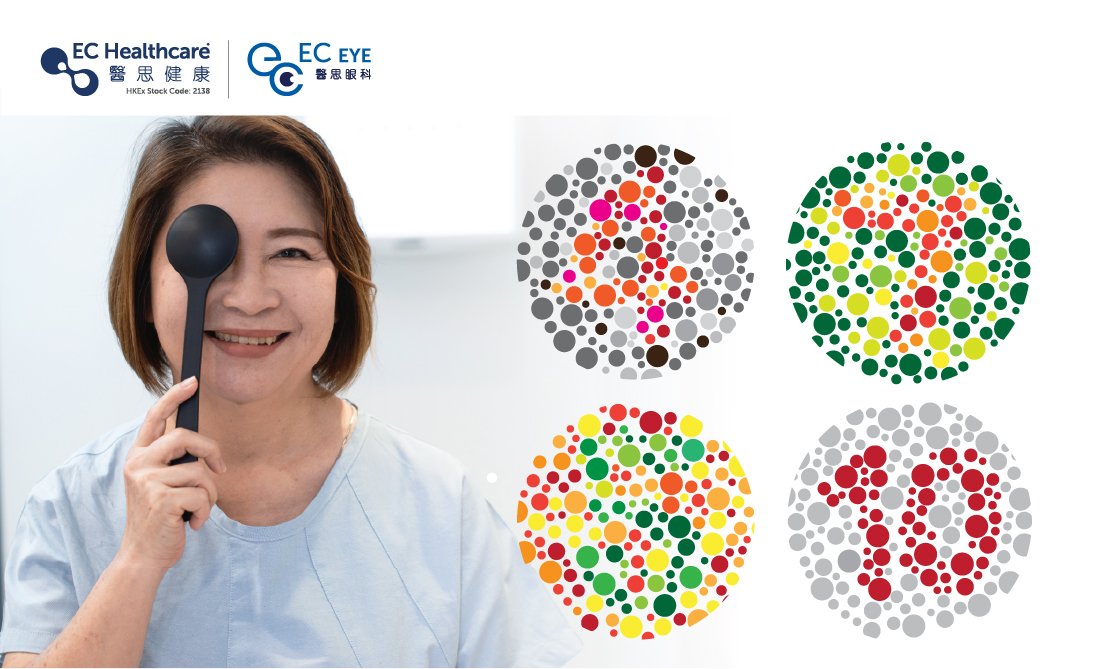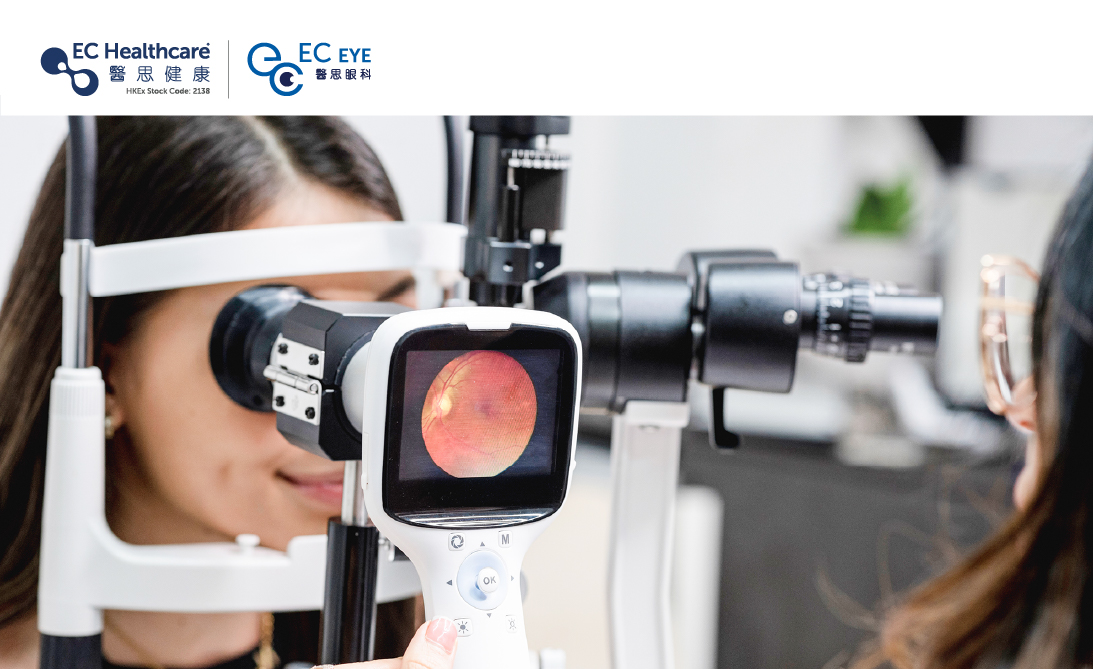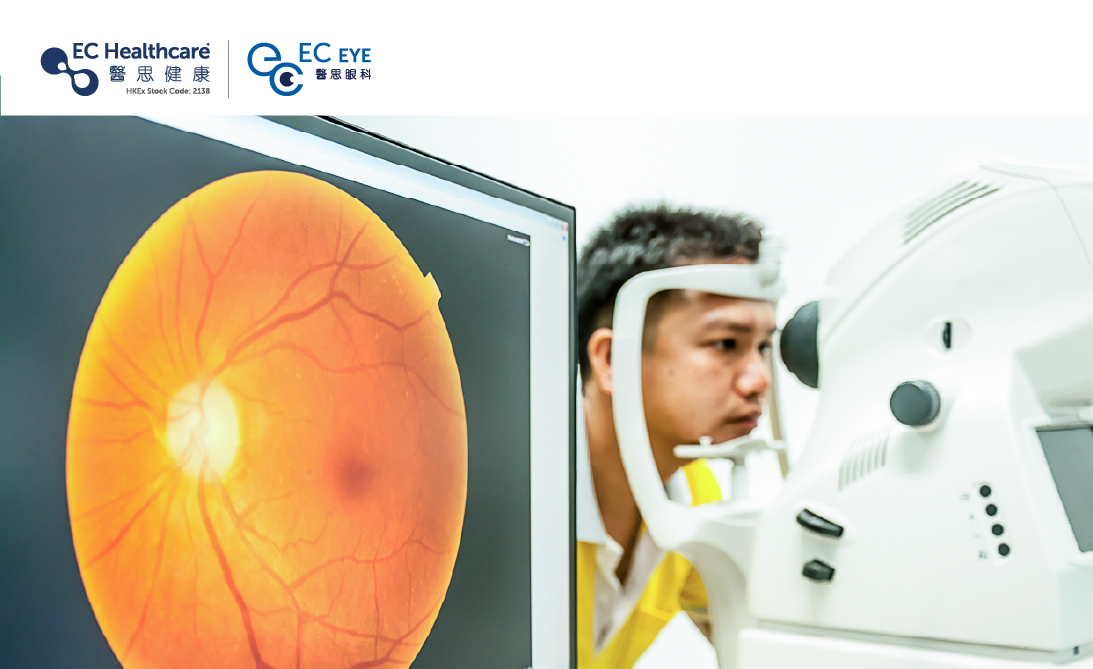Sudden Blackouts: “Eye Stroke” Explained


If you’ve had the scary experience of a suddenly darkened or blurry vision, this could be a sign of an “eye stroke”. This medical condition has the potential to cause serious harm to your eyesight and may lead to blindness if not treated promptly. Plus, it could also be a warning sign of a brain stroke, so it’s important to receive timely treatment and a full health check-up to identify any underlying health issues.
What is an eye stroke?
The medical name for an eye stroke is “retinal vascular occlusion”. The retina is a light-sensitive layer of nerve tissues at the back of your eye that converts light into electrical signals and sends them to your brain so that you can see clearly.
The retina has a blood vessel network consisting of arteries and veins. Arteries supply the retina with nutrients and oxygen it needs to function, while veins carry away waste products like carbon dioxide produced in the retina during metabolism.
Yet, the blood vessels in the retina are very thin. Blood clots may form and block these tiny vessels due to ageing, high blood pressure, high blood lipid levels and other health issues, leading to eye stroke.
When the arteries are blocked, the cells in the retina cannot get enough oxygen and may die permanently after an hour, leading to irreversible vision loss. If the veins are blocked, blood or other fluids will accumulate in the veins and obstruct oxygen circulation, which can also damage one’s vision over time.
How can I prevent an eye stroke?
The risk factors of an eye stroke are similar to that of a brain stroke, including smoking, ageing, high blood pressure, high blood sugar, high cholesterol, etc. These individuals are more susceptible to hardening or narrowing of the arteries, hence a higher risk of eye stroke. To prevent this condition, it’s important to manage your blood pressure, maintain a balanced diet and build a fitness routine. If the eye stroke is caused by an autoimmune disease, long-term use of anticoagulants may be required to lessen the blockage of blood vessels.







